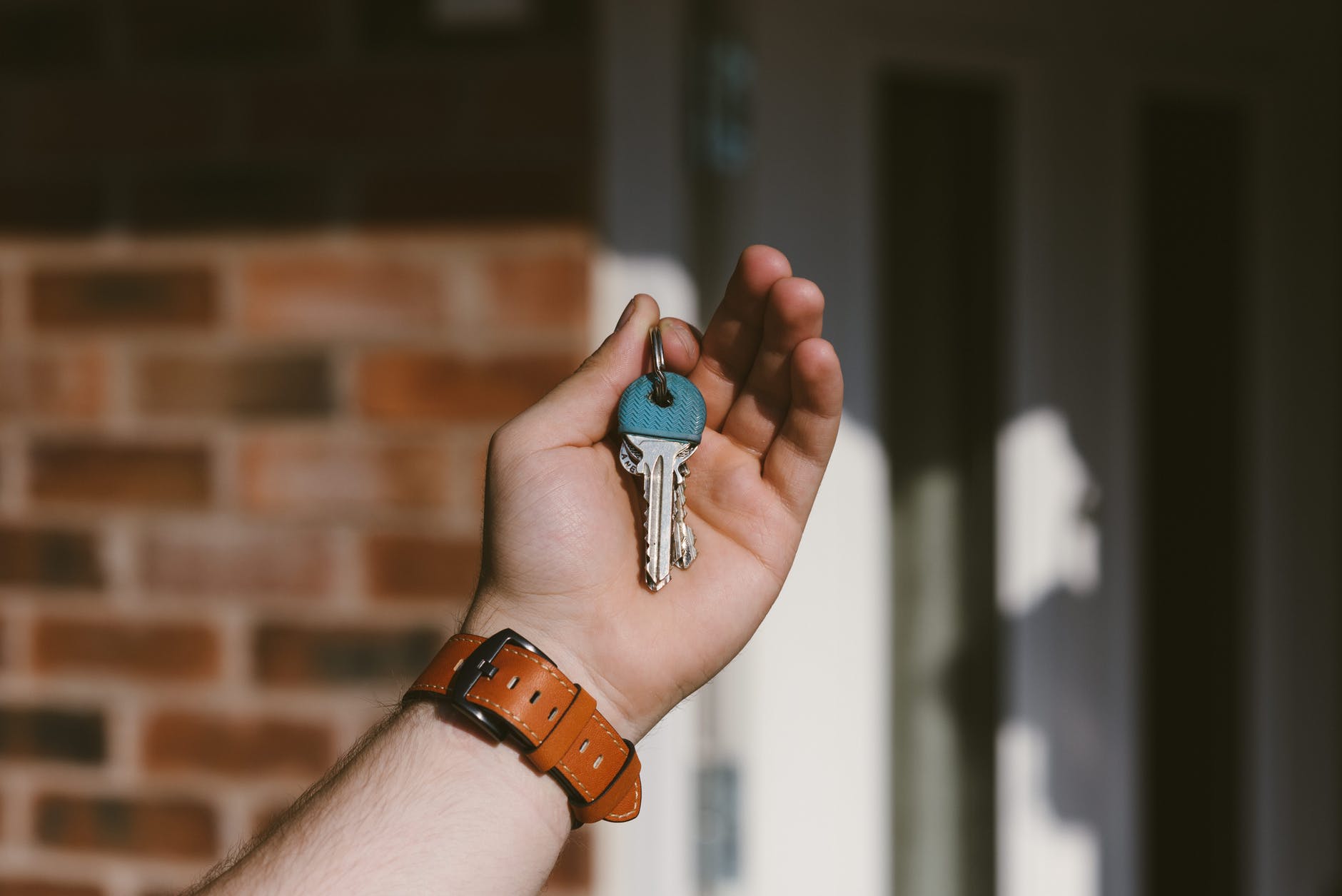Relocating to London can be an exciting move for many, and the perfect choice for those looking to live in a multicultural, vibrant city. However, trying to navigate the London house market can be intimidating, as you soon come to terms with the high (and ever increasing) prices of renting. That doesn’t mean that finding the right flat at an affordable price is impossible, but patience and careful research are key. (And if the offer seems too good to be true, don’t forget to look out for caveats or unpleasant surprises)
But today in particular, I want to talk about the importance of keeping an inventory as well as taking pictures when you move in a new room, flat or house or even during the viewing session of your potential future accommodation. The expensive living costs of London and the ever-growing hustling mentality of this great metropolis often pushes landlords, who on their side have also bills to pay, to try and find different ways of earning the most they can from their tenants.
So it is of the upmost importance that you keep a record of the items and furniture present in the property at the time you moved in (both in your room and in communal areas, if you live in a house share). Landlords and agencies can have pretty strict requirements and specific conditions in regards to the deposit: even small faults may result in deductions from your deposit when you decide to move from the accommodation. So, you need your evidence ready, in case there is a dispute. One of the TGIUK team had £100 deducted from their deposit for hanging pictures with nails – they had put in two but the landlord decided to charge for all the nails on all the walls put in by previous tenants and the team member had not kept a record of the walls at the beginning of the tenancy so they lost the money. A repair that nine months later after they had moved out still hadn’t happened but was apparently urgent.
To make sure you are covered, keep a record of the email correspondence with your landlord or agency and of your requests for repairs as these might also cause money to be deducted from your deposit or they might even ask you to pay it directly. So it is essential that you keep track of any communication you make with the people responsible for your accommodation as this might be useful in the future. And of course these suggestions are not just for London but for wherever you are renting property in the UK.
Looking for a house in London can be intimidating: on the bright side however there are several websites that are dedicated to house hunting and are constantly updated to make sure that what the landlords post is trustworthy and you can always provide feedback on whether the viewing reflected what saw you on the website.
For more information on how to find the appropriate accommodation as well as resources and links, make sure to visit the Accommodation section of our website







